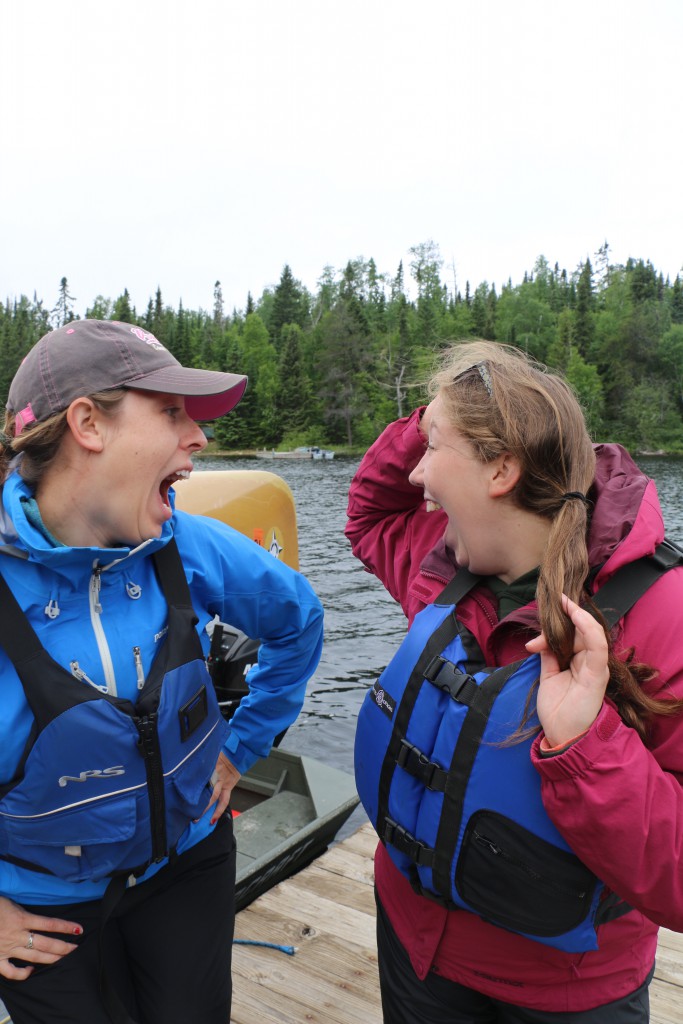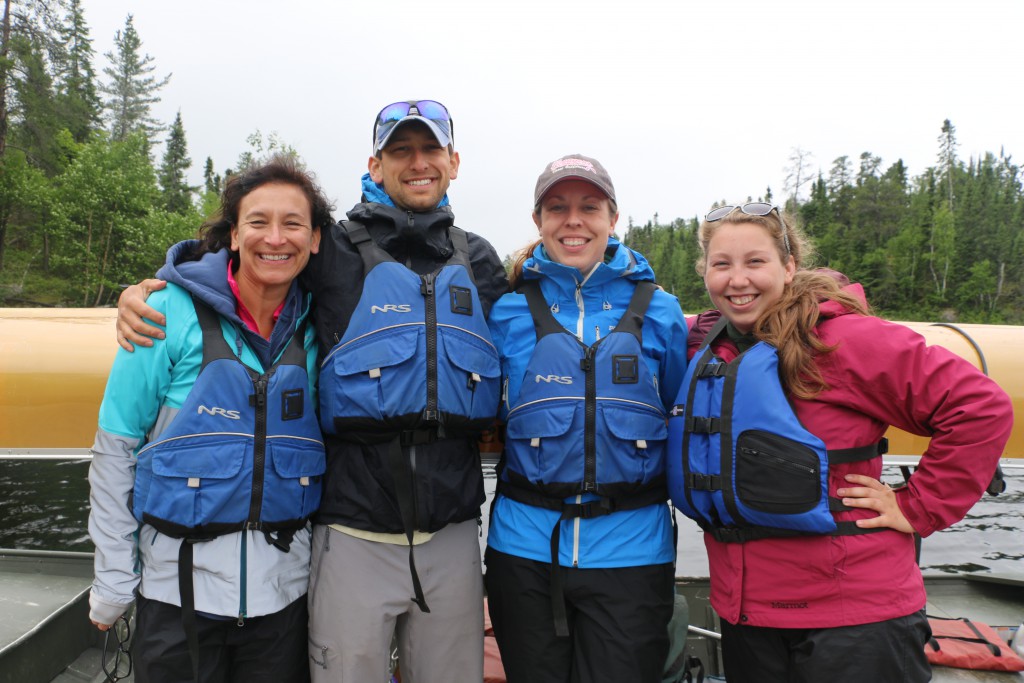Storms in the BWCA- Be Prepared
In a recent blog I wrote about the severe storms we experienced in the BWCA earlier in the month. What I didn’t mention is they left me a little bit scared. It’s natural to have a little fear for oneself but what I worry about even more are those I love and of course my kids, family and Sheri Prom are high on that list.
Well, two of those people on my list left for a canoe camping trip into the Boundary Waters on Monday. We haven’t had any big storms since they have been out but believe me, before they left I gave a lot of advice about what to do in case of a bad storm. We’ve also had some of our guests asking about what they should do in case of bad weather so I thought I would offer up my advice. I’m not an expert and I suggest reading up on what to do in case of severe weather but here’s what I know.
- Keep an eye on the weather and either bring along a radio or learn how to read clouds.
- I’ve heard that if you can hear thunder then you can get struck by lightning. The last place you want to be is out in the open water in an aluminum canoe or boat. If thunder is booming then get off of the lake and onto land.
- Choose as safe of a tent site as possible. It’s nearly impossible to not set your tent up beneath trees or on top of roots when you’re camping in the Boundary Waters. Do your best to camp away from dead trees or trees that may have dead branches.
- We’ve sat out many of storms in our tents but I’m not sure I’m going to do that in the future. If it’s super windy and lightning out the best bet would be to get out of your tent and find an open spot(not on sand because it conducts electricity) preferably in a ravine or ditch so you are lower than the surrounding land. If you can’t find an open area or ravine then a grove of shorter trees is better than beneath taller trees.
- Squat down on top of a life jacket or sleeping pad with only the balls of your feet touching the ground and with your heels touching. Place your hands on your knees(or over your ears) and put your head down and get yourself into as small of a target as possible. You should be at least 100 feet from the nearest person.
Hopefully just knowing what to do in case of a severe storm in the BWCA is enough so that it will never happen to you. But if it does then remember the tips above and be prepared so you can weather the storm.



Leave a Reply
You must be logged in to post a comment.